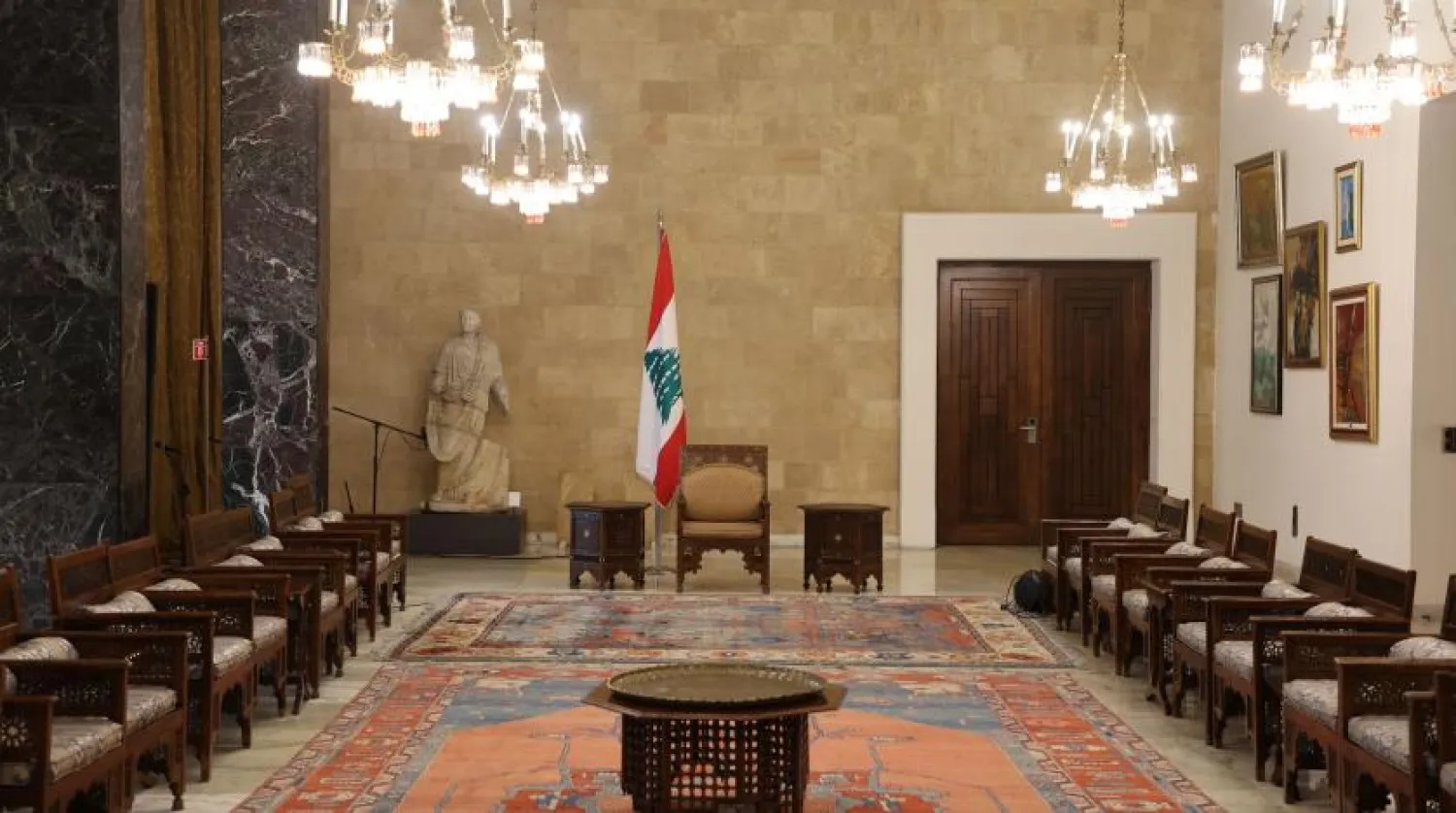Hezbollah is seeking to mitigate the impact of the recent dispute with its Christian ally, the Free Patriotic Movement (FPM), by affirming its adherence to the memorandum of understanding signed in 2006 between the two sides.
“We were, still are and will remain adherents to our allies, regardless of our differences. We are attached to our convictions and alliances,” said Hussein al-Hajj Hassan, a member of the Hezbollah parliamentary bloc.
Currently, the FPM leadership is upset from the Shiite party’s bias towards Prime Minister Najib Mikati.
Their dispute revolves around Hezbollah ministers taking part in a recent government session in spite of the FPM’s disapproval. The FPM believes that the cabinet cannot convene given that it is operating in a caretaker capacity.
In a speech he delivered in the south on Sunday, Hajj Hassan affirmed that “the main issue in Lebanon today is the election of the President.”
He said several sessions took place without electing a President due to the lack of understanding between the parliamentary blocs over a consensual figure.
MPs have failed to elect a new president despite holding nine electoral sessions since former Lebanese President Michel Aoun's six-year term officially ended last October.
Hajj Hassan therefore called on politicians to respond to the request of Speaker Nabih Berri for dialogue.
For his part, Mohamed Khawaja, a Shiite MP with Berri’s Amal Movement, stressed that “Parliament’s current composition does not allow any party to alone decide on the name of the next President.”
He noted that Hezbollah and its allies will keep voting with a white paper in the electoral sessions until an agreement is reached on a consensus candidate.
Meanwhile, Amal Movement’s MP Qassem Hashem considered Berri’s call for dialogue as the last opportunity to shorten the presidential vacancy and to reach an understanding on a consensual candidate, capable to address Lebanon’s political and economic crises.
Lebanese lawmakers failed for a nineth time last Thursday to elect a successor to Michel Aoun.
Parliament is split between supporters of the powerful Iran-backed Hezbollah movement and its opponents, neither of whom have a clear majority.
Lawmaker Michel Moawad is backed by opposition deputies, but his tally is falling well short of the required majority.
Moawad's candidacy is opposed by Hezbollah, who is backing head of the Marada Movement, Suleiman Franjieh.
Member of the Progressive Socialist Party, MP Bilal Abdallah, who is one of the deputies supporting Moawad, said “the priority now is to elect a new president,” noting that “other issues come afterwards.”
He added that the PSP is still hoping for a settlement between parliamentary blocs, whether on candidate Moawad or another figure.
Abdallah criticized the other parties for voting with a blank paper, meaning “no position.”









